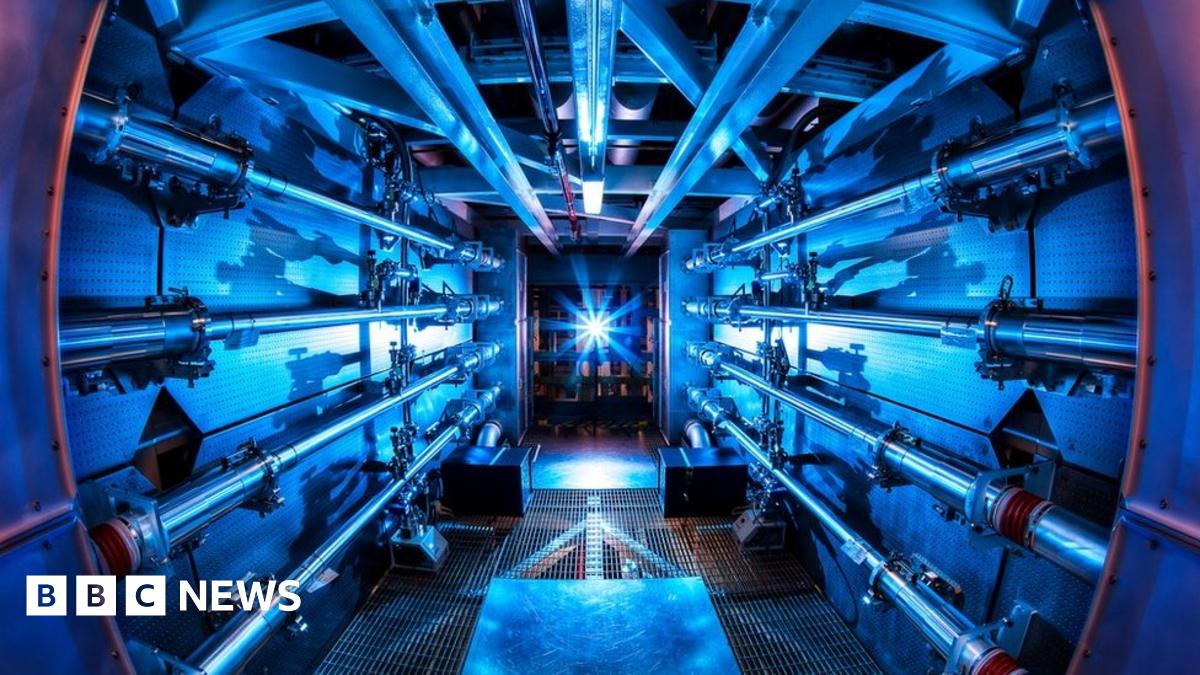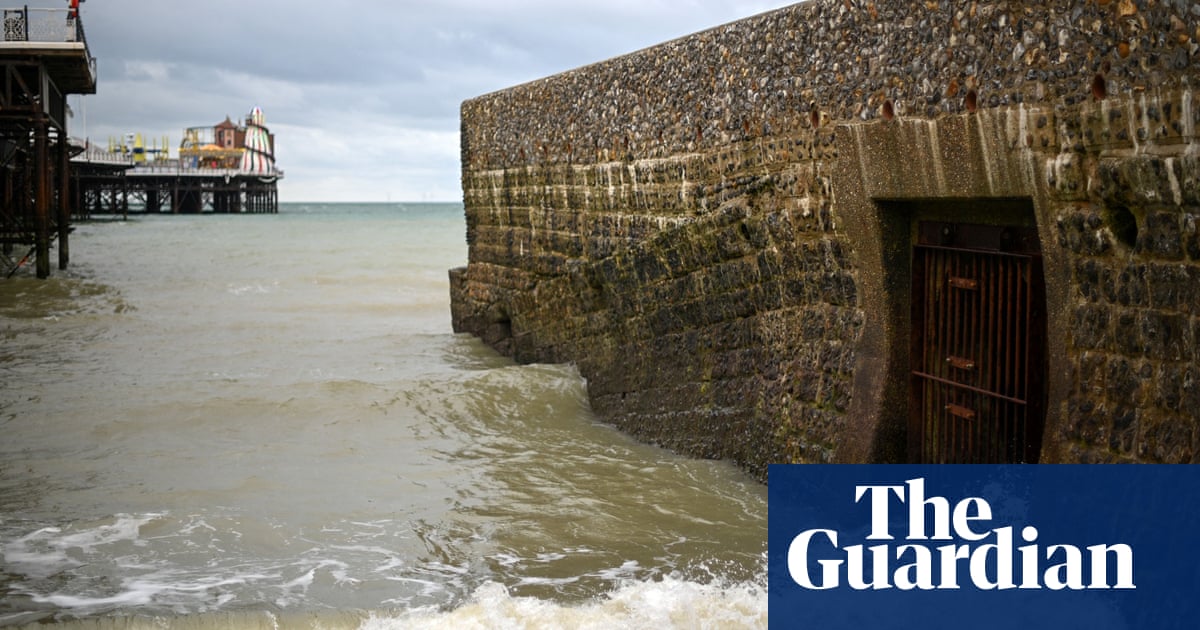Simon Kitcher
Senior Member

The Psychology of Fact-Checking
Fact-checkers aim to get closer to the truth, but their biases can shroud the very truth they seek
Follow along with the video below to see how to install our site as a web app on your home screen.
Note: This feature may not be available in some browsers.

Advice given by the Deputy Chief Medical Officer was soooo markedly different from the Chief Medical Officer that it was, well, observable, as Prof. Chris Witty having an agenda?If any proof was needed about the validity of Scientific ‘facts’ then their response about the Covid crisis blew that out of the water. Experts were queuing up to give an opinion that was modified to suit their agenda on any particular day. At least Professor Van Tam was honest to start his tv bulletins with ‘ my best guess’.
G.T.
Who chooses and allows what we should be sceptical about? It comes across that 'Climate Change Alarmists' are peeved that their conclusions are being questioned. Not a healthy position.Being sceptical of anything is a healthy position, choosing what to be sceptical of is different entirely.
Fair comment content
The Psychology of Fact-Checking
Fact-checkers aim to get closer to the truth, but their biases can shroud the very truth they seekwww.scientificamerican.com
You can choose to be sceptical about anything you wish. Scientist's default positions are to be sceptical. It's only through questioning that we can find answers. Some people are plainly not sceptics though! Some people only question those aspects they wish to and not those they don't.Who chooses and allows what we should be sceptical about? It comes across that 'Climate Change Alarmists' are peeved that their conclusions are being questioned. Not a healthy position.
Blimey Anthony, don’t go near any traffic today, you might feel tempted to ‘end it all’! I don’t think that everything is as grim as you seem to think it is. The human race is making progress even if it feels painfully slow sometimes. Unfortunately everything seems to have a price that people will only pay if the ‘catastrophe’ is just about to happen. I have personally witnessed so many changes in our lifestyles and our planet, a lot for the better but not all of course. As individuals we can only do so much but debating issues will hopefully spur others into action.To find solutions we need politicians and leaders who are forward-thinking. Currently, in the UK, that stands at four years....i.e. the next general election. But seriously, those in power have chosen not to take the necessary action because it would lead to civil unrest across many industrial nations. Their attitude is probably one of just keeping things ticking over, saying the right things and thinking that they'll be long gone when the s**t really hits the fan.
As a race do we tend to be over-optimistic about our ability to solve problems with new technology? How long has nuclear fusion been touted as the solution to our energy needs? When/if it can be harnessed, will it save the planet or are there unforseen outcomes?
I suspect that government scientists will already be looking for positives as the crisis deepens. For example, think of all the precious earth metals that will be within reach when the Antarctic ice cap melts. However, it is dealing with the negative impact that is fast becoming the headline that we see repeatedly in our media. The trickle of current migrations will pale to insignificance as food and water supplies come under sustained pressure. If we reach a stage when immigrants start being shot dead at borders by the authorities in Europe, it'll be too late. I suspect that we're not far off this happening.
What a debate! In fairness it IS a subject that is worthy of such discussions.
I enjoy reading old books about fishing and the countryside in general. Many of them have references to weather patterns and climate in general. These are not scientific statements, just observations.
One comment that has always stuck with me was from a book written in the early 1900's which referred to an observation by a shepherd referring to a field that in the mid-1800's was always known to flood. Sheep were kept in the field but always removed at certain times of year to higher ground to prevent them drowning.
The author of the book had written about how surprised he was that houses had now been built on that field, but concluded that as flooding hadn't happened in the last 20 years it was no longer seen as a threat. Those same houses are there to this day, and, at certain times they get flooded. My point being, that a) a 20 year timespan to a human may be a long time, but to planet Earth its a micro-second b) when flooding occurs it may have nothing to do with climate change and c) the climate is changing but how much is "natural" and how much is "man-made" is a huge mystery.
Cheers Graham. I'm suffering from a winter virus and can't get out fishing, which may account for the harbinger of doom post!Blimey Anthony, don’t go near any traffic today, you might feel tempted to ‘end it all’! I don’t think that everything is as grim as you seem to think it is. The human race is making progress even if it feels painfully slow sometimes. Unfortunately everything seems to have a price that people will only pay if the ‘catastrophe’ is just about to happen. I have personally witnessed so many changes in our lifestyles and our planet, a lot for the better but not all of course. As individuals we can only do so much but debating issues will hopefully spur others into action.
G.T.
ThanksYou can choose to be sceptical about anything you wish.
BBC News - Breakthrough in nuclear fusion energy announcedTo find solutions we need politicians and leaders who are forward-thinking. Currently, in the UK, that stands at four years....i.e. the next general election. But seriously, those in power have chosen not to take the necessary action because it would lead to civil unrest across many industrial nations. Their attitude is probably one of just keeping things ticking over, saying the right things and thinking that they'll be long gone when the s**t really hits the fan.
As a race do we tend to be over-optimistic about our ability to solve problems with new technology? How long has nuclear fusion been touted as the solution to our energy needs? When/if it can be harnessed, will it save the planet or are there unforseen outcomes?
I suspect that government scientists will already be looking for positives as the crisis deepens. For example, think of all the precious earth metals that will be within reach when the Antarctic ice cap melts. However, it is dealing with the negative impact that is fast becoming the headline that we see repeatedly in our media. The trickle of current migrations will pale to insignificance as food and water supplies come under sustained pressure. If we reach a stage when immigrants start being shot dead at borders by the authorities in Europe, it'll be too late. I suspect that we're not far off this happening.

BBC News - Breakthrough in nuclear fusion energy announced

Breakthrough in nuclear fusion energy announced
US researchers have overcome a major barrier to achieving low-carbon nuclear fusion.www.bbc.co.uk
Right on cue!
My pleasure!Thanks.

In one ear and out of the other. It's the BBCMy pleasure!

False climate lockdown claims in Oxford lead to death threats
After false claims of a "climate lockdown" in Oxford spread online, councillors receive death threats.www.bbc.co.uk
Is your scepticism limited to your ability to be sceptical?In one ear and out of the other. It's the BBC.
Anything else to offer to the debate?Is your scepticism limited to your ability to be sceptical?

